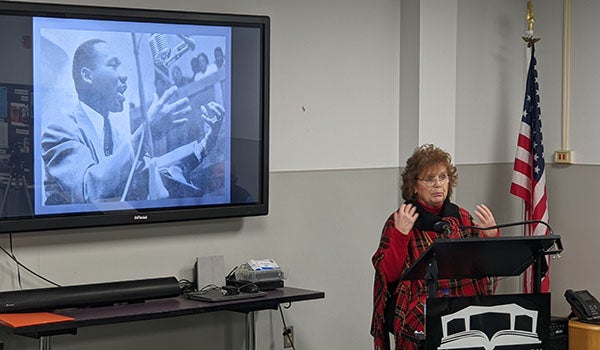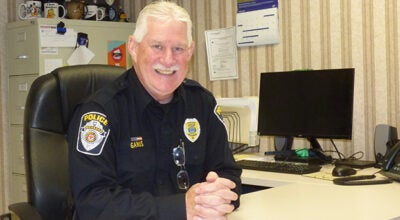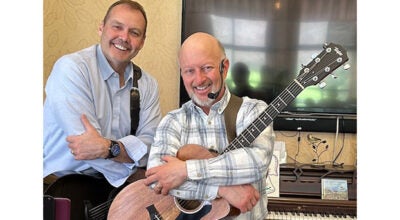Author hosts book discussion on father’s relationship with MLK, civil rights movement
Published 7:30 pm Wednesday, January 18, 2023
|
Getting your Trinity Audio player ready...
|
NILES — A local author hosted a discussion on her latest book detailing her white father’s role in the fight for black equality.
Brenda Walker Beadenkopf participated in a discussion and book signing on her new book, the second volume of “A Quaker Behind the Dream: Charlie Walker and the Civil Rights Movement” Tuesday night at the Niles District Library.
The discussion, a part of Lake Michigan College’s Martin Luther King Jr. Week, focused on the correspondence between Beadenkopf’s father, Charles “Charlie” Coates Walker, and Dr. Martin Luther King Jr. and how the nonviolence movement was introduced to Dr. King and the effect it had on him as well as the Civil Rights Movement.
A Quaker activist in the civil rights movement, Walker was an expert in nonviolence who worked earlier in his life at the Montgomery Bus Boycott with Martin Luther King, Ralph Abernathy, Bayard Rustin, and other major figures in the civil rights Movement. Walker was a key trainer and recruiter for the Freedom Rides and Sit-Ins, working with his friend Jim Farmer, and also was a staff member for the Mississippi Freedom Summer project, 1964.
Walker was a key organizer for the 1963 March on Washington and the Poor People’s Campaign. He led nonviolence workshops for the sit-ins at Greensboro and Orangeburg and wrote a handbook, “Organizing For Nonviolent Direct Action,” which was used widely in the Movement. Also, Dr. King praised and recommended Walker’s contribution to the Movement in “A Perspective on Nonviolence,” which Charlie co-wrote.
Beadenkopf read excerpts of letters shared between Walker and King Jr. and discussed the relationship the two had during the civil rights movement. She also answered questions from the audience and concluded the event with a book signing.
Beadenkopf said that many people don’t realize how much nonviolence training played a role in the success of the civil rights movement.
“They spent weeks training people,” she said. “They conducted exercises for bus rides and sit-ins where they would train themselves how to withstand harassment… I really think that’s why it worked, there was so much strategy that went into it. They were committed to doing things right. They would not let anything let up their creative protests.”
While Beadenkopf knew her father was heavily involved in the civil rights movement and nonviolent training, it was not until she began her research that she discovered he had a working relationship with King Jr.
“I didn’t know he met Dr. King,” she said, “He’s not the kind of guy who would take pictures with King because he tried to be sensitive to the fact that when white people were around King, the press would jump and say northern agitators are coming in. He always kept saying it was a grassroots movement. It was not northern agitators that came in; these pastors organized it and did all that work and they were very, very savvy, very intelligent working on all the strategies that they had and all the things that they did were just amazing.”







